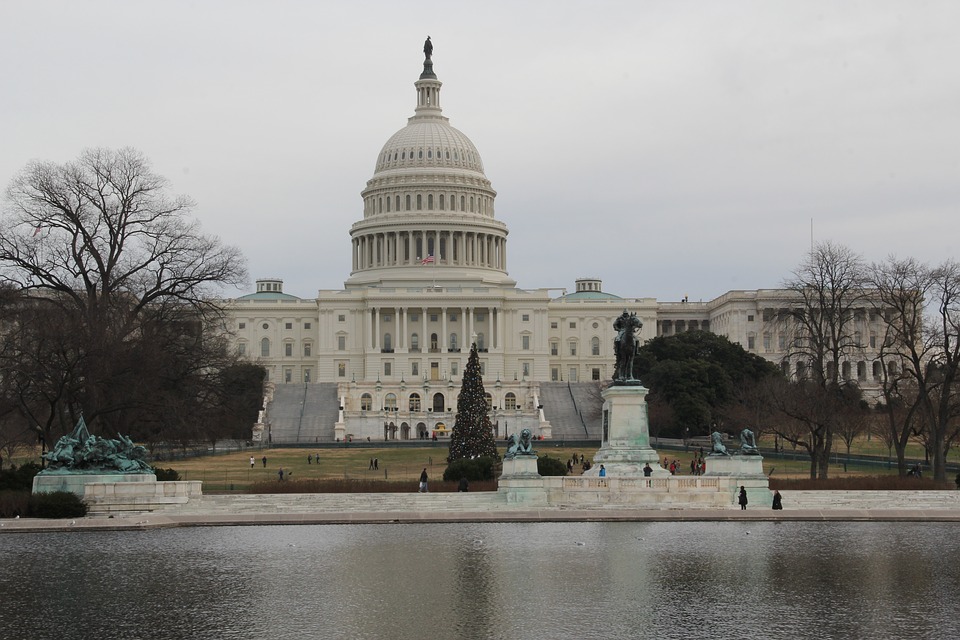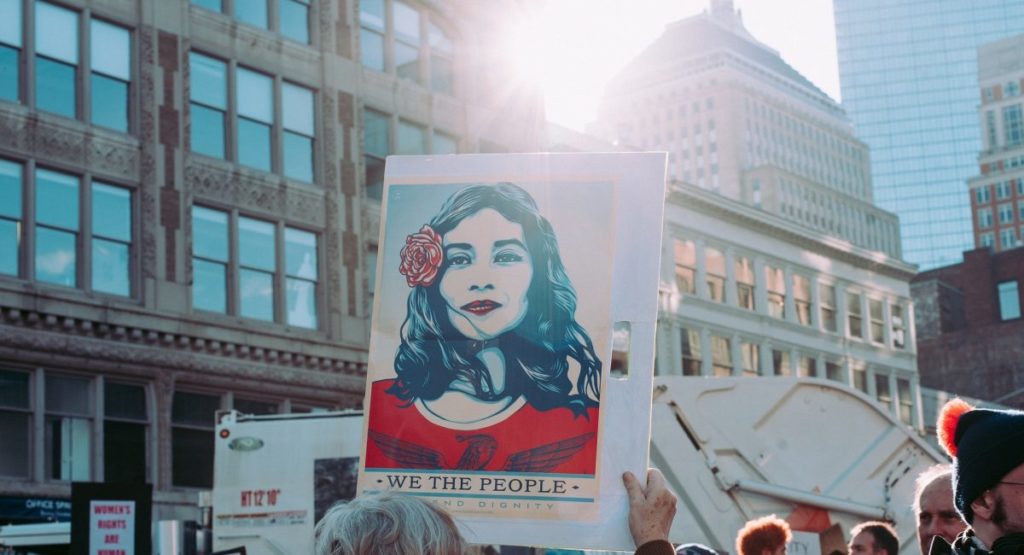I wrote a draft piece for AFJ on what nonprofits could do should the gubernatorial race in Kentucky end up as a contested election, but since it’s unlikely to be an issue I’m posting it here instead. Oddly enough, it’s cribbed from another piece I’ve written on presidential contingent elections that I might be posting here too.
What Can Nonprofits Do if the Kentucky Governor’s Race is Contested?
On November 5, Kentucky voters went to the polls to elect their next governor. At the end of the night, the apparent winner was Attorney General Andy Beshear with a margin of approximately 5000 votes, representing than 1% of the total votes cast. Incumbent Gov. Matt Bevin refused to concede, citing unnamed “irregularities,” promising to pursue additional recanvasing and recount remedies. State Senate President Robert Stivers suggested that the decision may ultimately be decided in a contested election before the Senate, a process that has not been used to determine Kentucky’s governor since 1899.
According to University of Kentucky law professor Joshua Douglas, post-election relief in Kentucky has three phases—a recanvass, a recount, and a contested election. A recanvass is a double-check of the ballots cast to make sure there were no adding errors. A recount requires a petition to the Franklin Circuit Court and would need to be funded by the requesting candidate. Recounts typically take several weeks, and according to Professor Douglas, typically amounts in modest changes to vote totals. Following a recount, the losing candidate has the option to petition the state legislature within 30 days following the final action of the state election board. The legislature chooses a committee with 11 randomly chosen members—8 from the House and 3 from the Senate. After a hearing and submitting a report, the full legislature sits in a joint session to determine the next governor. KRS 120.195.
What nonprofits can do in a contested election
At first blush, a contested election displays elements of electoral and legislative activity. The outcome is decidedly electoral, but the decision makers are traditional legislators and will be lobbied extensively by interested parties once it’s clear their votes will carry the day.
What can 501(c)(3)s do?
Despite federal tax law’s prohibition on partisan electioneering, many 501(c)(3) public charities probably spent the election season focusing on nonpartisan get-out-the-vote activity and publishing nonpartisan voter guides. That’s because federal tax law permits 501(c)(3)s a broad array of election-focused options, so long as nothing they say or do explicitly or implicitly supports or opposes a candidate for public office.
501(c)(3)s are also allowed to lobby legislators, so long as they are mindful of federal tax law’s cap on that activity. The IRS has not ruled whether the vote in a contested election qualifies as legislation for purposes of lobbying, but it’s plausible it would consider the vote by the state legislature to be considered similar enough to a legislative act that it would qualify as lobbying. U.S. Senate confirmations and ratification of treaties are unicameral actions the IRS considers legislative in nature, so it’s possible it would consider this work as lobbying to be tracked and reported by 501(c)(3)s.
However, this does not open the door for 501(c)(3)s to let state legislative members know which way to vote because federal tax law’s strict prohibition on supporting or opposing candidates would extend to the contingent election. There are still candidates for governor, it’s just the voting venue that has shifted. That does not mean charities and foundations must remain silent as the political earthquake shakes Frankfort. 501(c)(3)s are uniquely positioned to educate the public on the unusual process, the law, and all of the potential scenarios that could happen. As noted below, there will be millions of dollars flowing to more partisan actors. 501(c)(3)s will be critical nonpartisan educators during this fractured time.
What can other 501(c) organizations do?
Other 501(c) organizations have more freedom to act in a partisan political manner, but they are subject to federal tax law limits. Social Welfare 501(c)(4)s, Labor 501(c)(5)s, and Trade Association 501(c)(6)s are likely to be the most active participants in advocating support for specific candidates before the legislature during the contested election.
Federal tax law allows these organizations to engage in partisan political activity so long as it doesn’t become their primary activity. The IRS does not give a precise definition for primary activity, but most legal practitioners agree these 501(c)s can legally engage up to, but not over, 50% partisan activity before the IRS would consider the organizations to be acting beyond the scope of their exempt purpose.
501(c)s that are active in a close election may find themselves close to the edge of this limit by the time an electoral college stalemate occurs. A quirk of the timing of the contested election may benefit some of these active participants. Because the election contest process may begin as late as December 25, and the process includes formation of a special committee as a precursor to the ultimate vote, it’s very likely the joint session does not sit until after the beginning of the new year. Organizations that operate their fiscal year from January 1-December 31 benefit. Their limits on partisan political activity effectively reset on January 1st, likely before the joint session gavels in and the contested election vote happens.
These groups are able to make independent expenditures—express advocacy communications that are not coordinated with any of the candidates—up to tax law limits, all reportable to the Kentucky Registry of Election Finance. KRS 121.015(12). 501(c) organizations that are sometimes referred to as “dark money” groups may also be particularly active during contested elections, releasing advertising, videos and other public communications that support or oppose candidates but do not contain express advocacy and therefore go unregulated and unreported to the state.
What can other nonprofits do?
Unlike their 501(c) counterparts, federal tax law insists that partisan political activity be the primary purpose of political groups organized under Section 527 of the Tax Code. They have the most freedom to operate, particularly through independent expenditures. SuperPACs in particular will be the most active. Should a contested election happen, contributions to the candidates are less important than public communications and direct contact with the members of the legislature, so independent expenditures are the ideal vehicle for a political organization’s activity. That is precisely what SuperPACs are built for. After Citizen’s United, individuals and corporations may contribute unlimited amounts to SuperPACs. It’s not difficult to imagine a flood of incoming money to SuperPACs redirected as a firehose aimed at lobbying the Kentucky legislature and also the general public in the form of aggressive advertisements, both broadcast and online. Unlike “dark money” groups, these expenditures will be reported to the state although with the compressed time involved between the final certification of the election and the contested election, it’s unclear how much impact this disclosure will have on shaping opinion.
What does this mean?
Should Sen. Stivers prediction of a contested election come to pass, nonprofit organizations will be critical voices during this chaotic, but critically important time. Awareness of the rules ahead of time allows for a more nimble response by nonprofits when it becomes apparent that the next governor of Kentucky may be determined by the legislature, not the voters.
Sidebar… a big hat tip to Josh Douglas for his piece on the process of contested elections. I linked it above, but it’s worth high fixing again.


